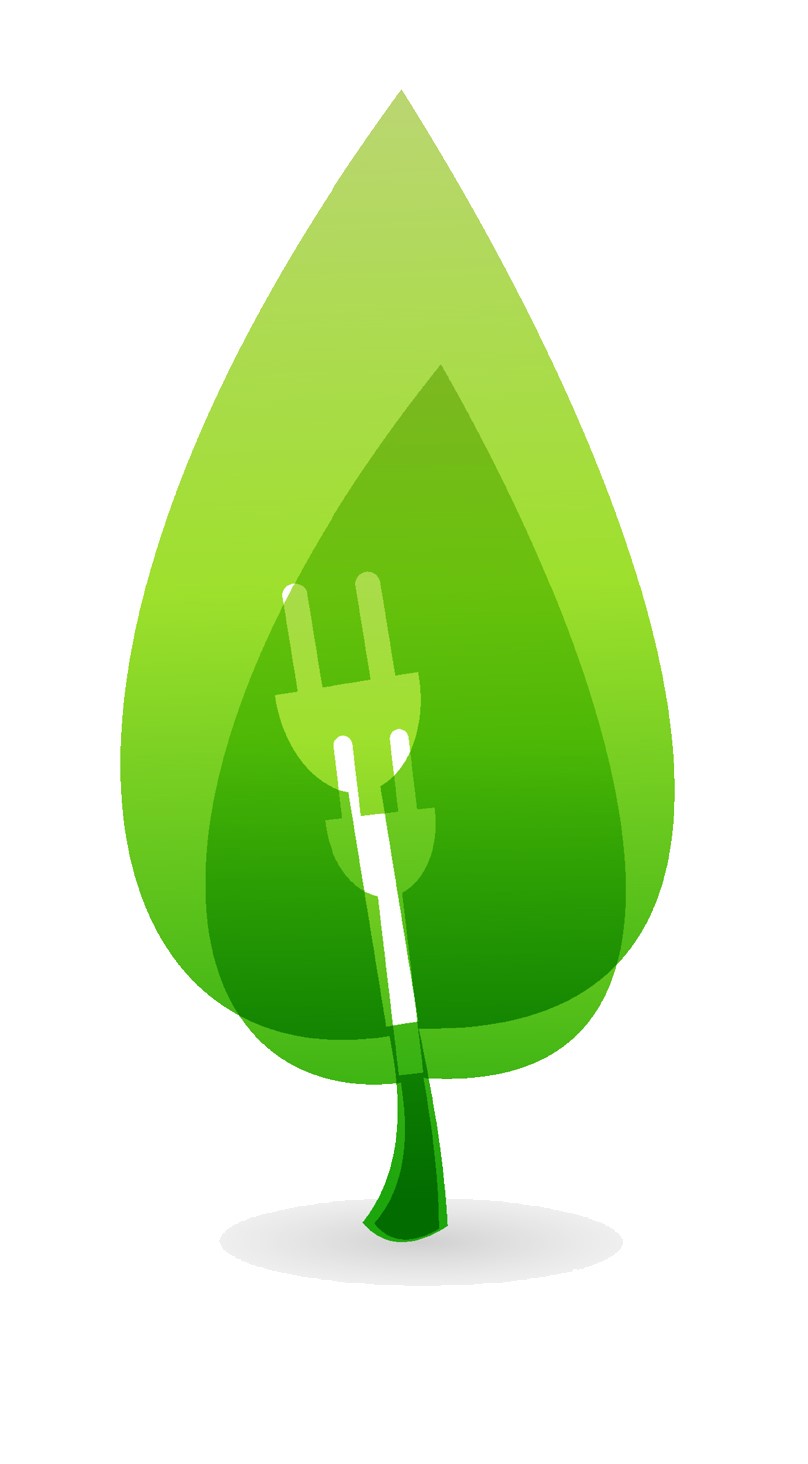Student Understanding and Feasibility of Food Waste Reduction Initiatives
Presentation Type
Poster Presentation
Campus
Daytona Beach
Status
Student
Faculty/Staff Department
Human Factors and Behavioral Neurobiology
Student Year and Major
2023 Human Factors Psychology
Presentation Description/Abstract
Within recent years, students at Embry-Riddle Aeronautical University have taken it upon themselves to modify the linear life cycle of food to landfills in order to mitigate the consequences of uncontrolled waste management and disposal on the environment. ERAU’s Food Recovery Network chapter captures perishables to be donated to the food insecure and the Sustainability Club oversees on-campus composting that breaks down personal food waste to create fertilizer for the community garden. Preliminary data from an online survey reveals a knowledge gap about our on-campus composting initiative and other sustainable practices. Students are willing to change their consumer habits if informed about how detrimental the effects of food waste are and if management/disposal options were made more convenient. Students interviewed also reported a general dissatisfaction of the university’s direct involvement in sustainability efforts. On a poster, I will provide example signage of on-campus composting content that will be analyzed for effectiveness in educating the public and changing attitudes, and a cost-benefit analysis will be conducted for a biodigester, or a system that breaks down organic waste using microorganisms to create clean sustainable energy. A biodigester would be significant in not only tackling back-of-house food waste in a convenient way, but can potentially produce energy, such as rich fertilizer, to be reused by our campus. This data will provide ERAU insight into the feasibility of food waste management options and serve as a predictor of student involvement.
Keywords
Waste, Food, Compost, Biodigester, Sustainability
Student Understanding and Feasibility of Food Waste Reduction Initiatives
Within recent years, students at Embry-Riddle Aeronautical University have taken it upon themselves to modify the linear life cycle of food to landfills in order to mitigate the consequences of uncontrolled waste management and disposal on the environment. ERAU’s Food Recovery Network chapter captures perishables to be donated to the food insecure and the Sustainability Club oversees on-campus composting that breaks down personal food waste to create fertilizer for the community garden. Preliminary data from an online survey reveals a knowledge gap about our on-campus composting initiative and other sustainable practices. Students are willing to change their consumer habits if informed about how detrimental the effects of food waste are and if management/disposal options were made more convenient. Students interviewed also reported a general dissatisfaction of the university’s direct involvement in sustainability efforts. On a poster, I will provide example signage of on-campus composting content that will be analyzed for effectiveness in educating the public and changing attitudes, and a cost-benefit analysis will be conducted for a biodigester, or a system that breaks down organic waste using microorganisms to create clean sustainable energy. A biodigester would be significant in not only tackling back-of-house food waste in a convenient way, but can potentially produce energy, such as rich fertilizer, to be reused by our campus. This data will provide ERAU insight into the feasibility of food waste management options and serve as a predictor of student involvement.

